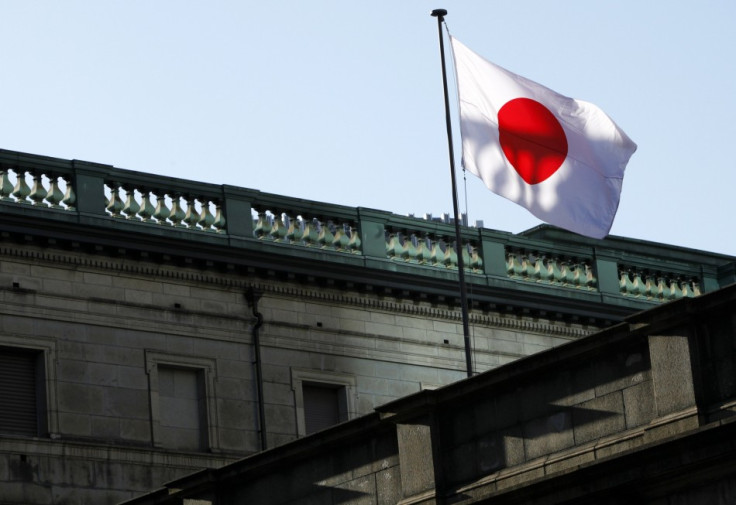Bank of Japan Keeps Policy on Hold Ahead of Governor Change
Aggressive measures expected at the next meeting

The Bank of Japan has left its monetary policy unchanged at its final meeting before the leadership change, leaving the door open for aggressive measures from the incoming governor.
The central bank's policy board voted to retain the size of its asset purchase programme, its key stimulus tool, at current levels and maintained the unsecured overnight call rate between 0.0 percent and 0.1 percent. The decision is in line with analysts' expectations and comes as Japanese economy looks to pick up from its recent slump.
In a statement, BoJ revealed that one member, Sayuri Shirai, had looked to advance the asset purchase programme planned for the coming year. Although her proposal did not get approved by the rest of the members, it is seen as a sign of change on the direction of Bank of Japan's policies.
"Today's decision came as no surprise, but the fact that Shirai proposed bringing forward open-ended JGB purchases has laid the groundwork for further monetary easing at the bank's next policy review under the new leadership," Junko Nishioka, chief Japan economist at RBS Securities told Reuters.
"Even though the proposal was rejected today, it could be put forward again at the next policy meeting in April and adopted given that BOJ governor nominee Kuroda has floated a similar idea in parliament."
The central bank has upgraded its economic outlook, indicating that the worst may be over. However, this revision is not expected to ease the pressure on the authorities to take more steps to boost the economy. Last month, BoJ had maintained that the economy looked to have hit the bottom.
It was BoJ's last policy meet before the current governor Masaaki Shirakawa and his two deputies step down. Analysts and investors believe that the next policy meet set for early April could see more aggressive moves from the central bank as the Asian Development Bank President Haruhiko Kuroda is expected to take charge.
Japanese Prime Minister Shinzo Abe is expected to have nominated Kuroda for the post, after taking his pro-stimulus stand into consideration. Abe, who had come to power with economy boosting promises, had said that BoJ should seek bold monetary easing measures to help shore up the economy.
© Copyright IBTimes 2024. All rights reserved.





